Home Improvement: Simple Air Filter & HVAC Tips You Can Use Today
Ever wonder why your heating or cooling system feels sluggish? Most of the time it’s a dirty or wrong‑size air filter. Swapping the right filter is one of the cheapest ways to keep your home comfortable and your energy bills low.
First, check the size printed on the old filter. It’s usually a series of numbers like 16x25x1. If you can’t read it, pull the filter out and measure the width, height, and thickness. Buying the exact size avoids air leaks and keeps the system sealed.
Choosing the Right MERV Rating
MERV stands for Minimum Efficiency Reporting Value. The higher the number, the better the filter traps tiny particles. For most homes, a MERV 8‑11 filter balances cost and performance. If you have pets, allergies, or live in a dusty area, stepping up to MERV 13 can catch more pollen and mold spores.
Beware of over‑filtering. A MERV 16 filter works great in hospitals, but it can strain a typical residential blower, leading to higher energy use. Stick to the manufacturer’s recommendation in your owner’s manual – they usually list the max MERV your unit can handle.
When to Clean, When to Replace
Not all filters are reusable. Disposable filters should be swapped when they look dirty or every 1‑3 months, depending on usage. If you have a washable fiberglass filter, rinse it with gentle water, let it dry completely, and put it back. Remember, a wet filter can damage the system, so make sure it’s dry.
Signs it’s time for a new filter include reduced airflow, louder fans, or a noticeable dust layer on vents. Ignoring these cues can force the HVAC to work harder, driving up your electricity bill and shortening the unit’s life.
Pro tip: set a calendar reminder the day you change the filter. Even a quick note on your phone can save you from forgetting and ending up with a clogged system.
Keeping your air filter in good shape also improves indoor air quality. Cleaner air means fewer allergens, less dust on furniture, and a healthier environment for kids and pets.
In short, pick the right size, match the MERV rating to your needs, and replace or clean on schedule. It’s a tiny habit that makes a big difference in comfort, efficiency, and health.
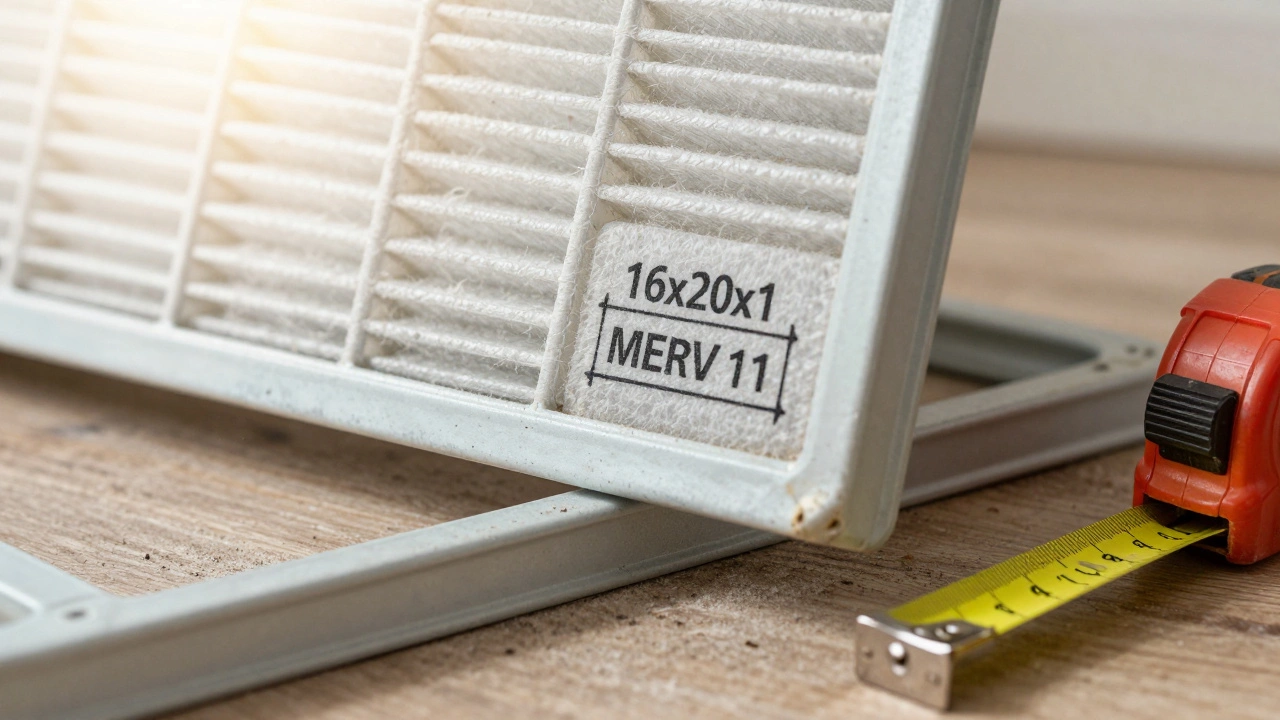 19 January 2026
19 January 2026
How Do I Know What AC Filter I Need for My Home HVAC System?
Learn how to find the right AC filter size, MERV rating, and type for your home HVAC system. Avoid costly mistakes and improve air quality with the correct filter.
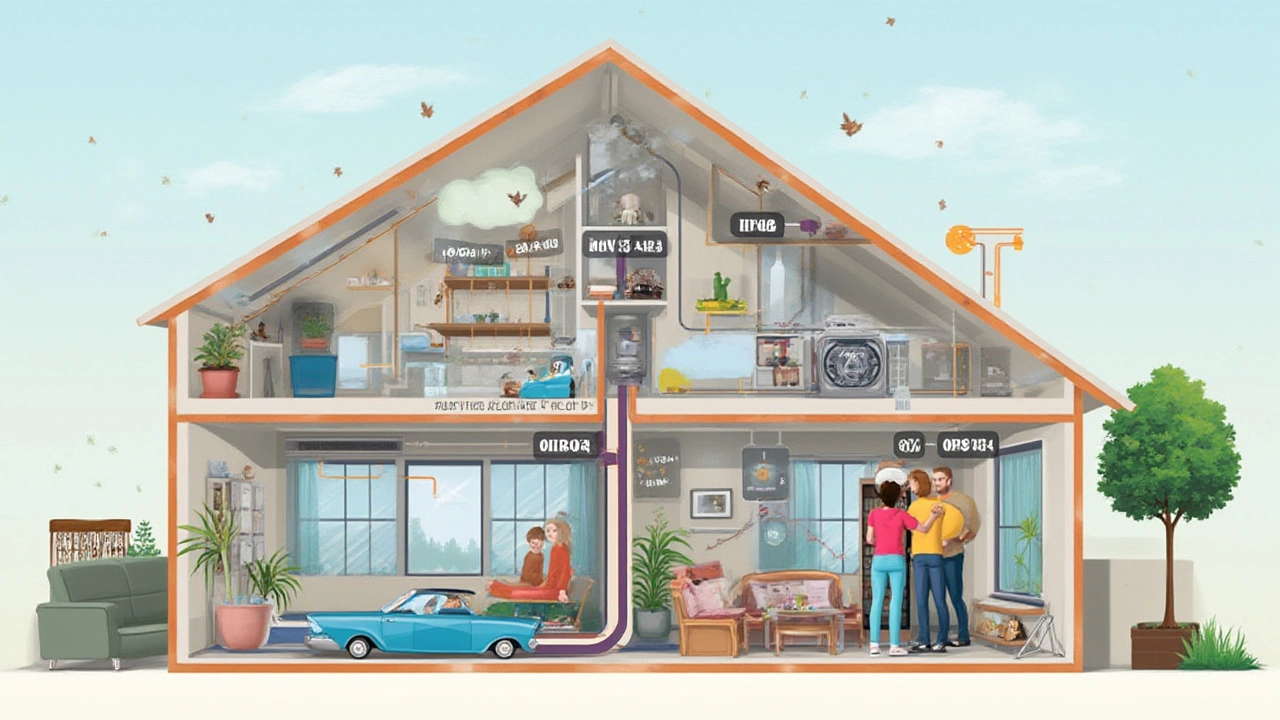 17 July 2025
17 July 2025
Does a MERV 13 Air Filter Harm Your AC? Pros, Cons, and Real-World Tips
Wondering if a MERV 13 air filter will mess up your AC? I'll break down what really happens, the risks, and smart tips to keep your HVAC safe and air clean.
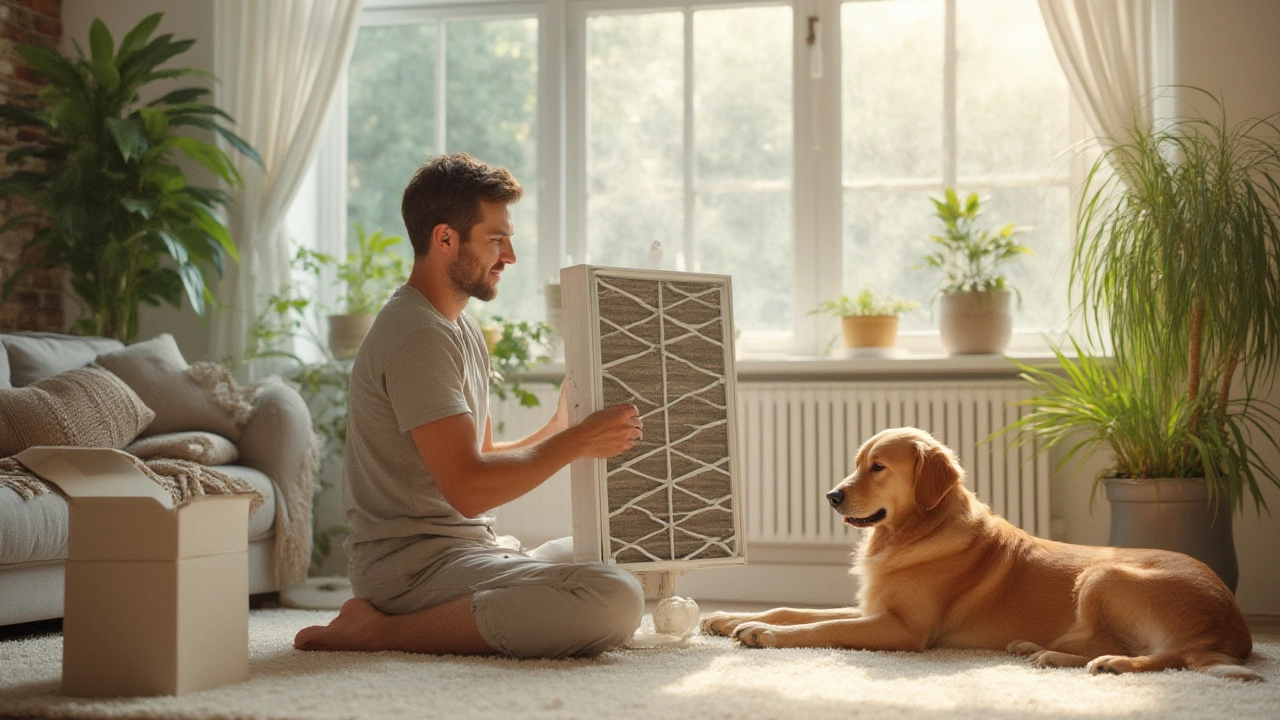 14 July 2025
14 July 2025
How Often Should You Change Your Whole House Air Filter for Best Performance?
Discover how often you should change your whole house air filter, why it matters, signs you've waited too long, and tips to keep your air clean and your HVAC happy.
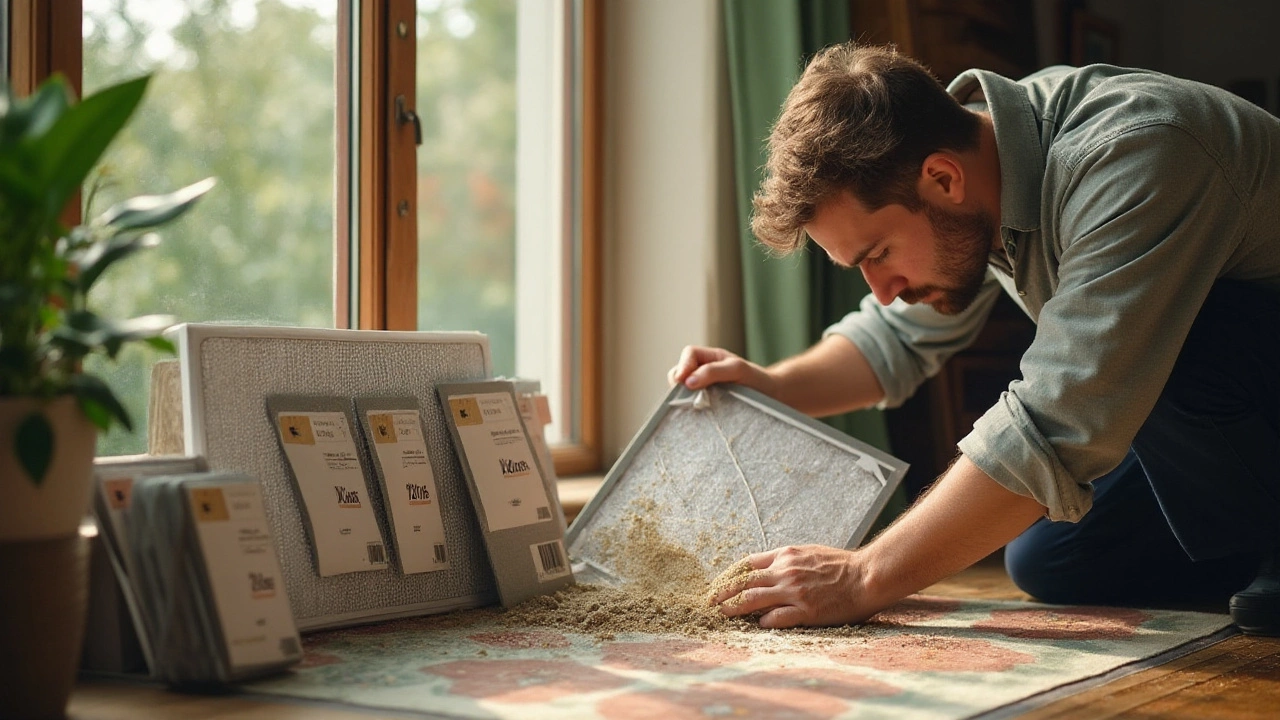 2 February 2025
2 February 2025
How to Assess the Quality of Your Air Filter: Tips and Tricks
Knowing whether your air filter is good or bad is crucial for maintaining indoor air quality and ensuring the efficient operation of your HVAC system. This article explores the signs of a faulty air filter and provides practical advice on checking and choosing the right filter. Learn how to visually inspect and replace your filter, and discover the long-term benefits of maintaining a clean air filter. Keep your home environment safe and healthy by understanding the importance of regular air filter checks and maintenance.
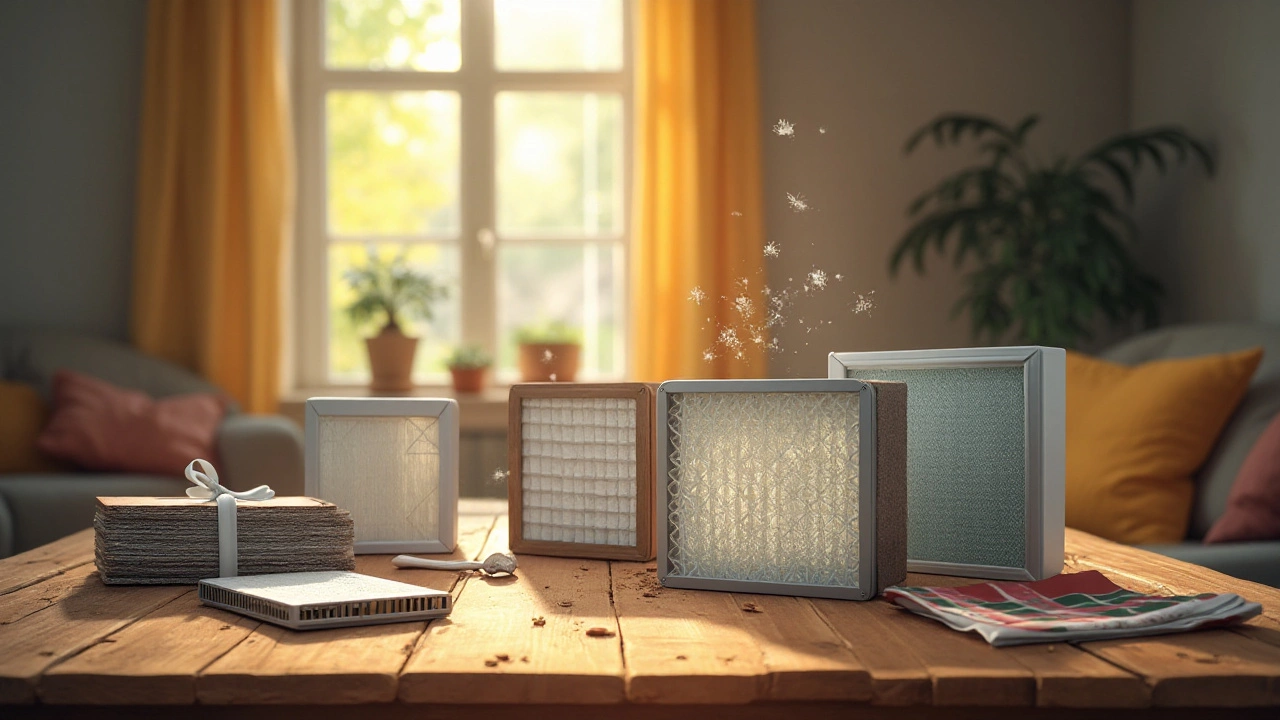 1 February 2025
1 February 2025
How to Clean Your Home Air Filter: Step-by-Step Guide
It's a common question among homeowners: Can we clean our air filters rather than replacing them? While some air filters are designed to be disposable, others can be cleaned to extend their lifespan. Discover practical tips, know when to clean or replace, and learn how to maintain air quality at home effectively in this insightful guide.
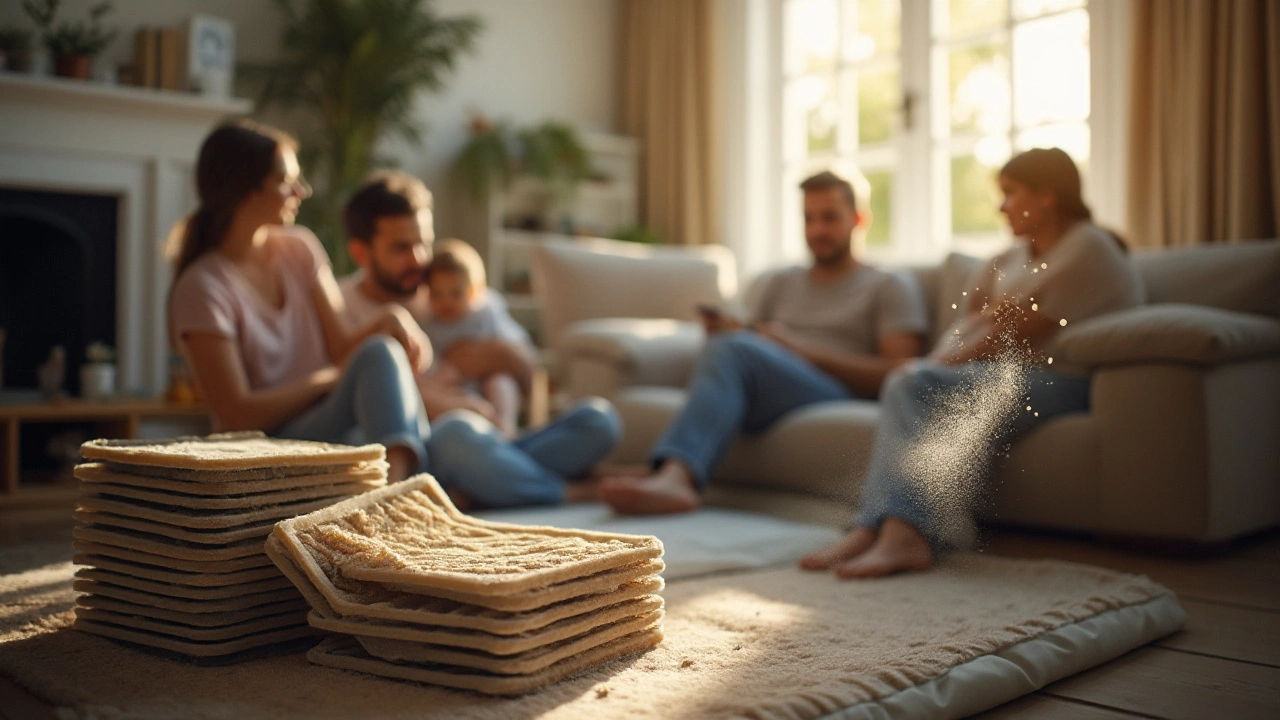 27 January 2025
27 January 2025
How to Know When It's Time to Replace Your Air Filters
Changing air filters regularly is crucial for maintaining the indoor air quality and efficiency of your HVAC system. The frequency of changing air filters depends on various factors including the type of filter, the presence of pets, and air quality concerns. Understanding these factors can help you set a proper schedule for filter replacement. This article discusses the signs to look out for, types of filters, and how different home environments affect filter longevity.
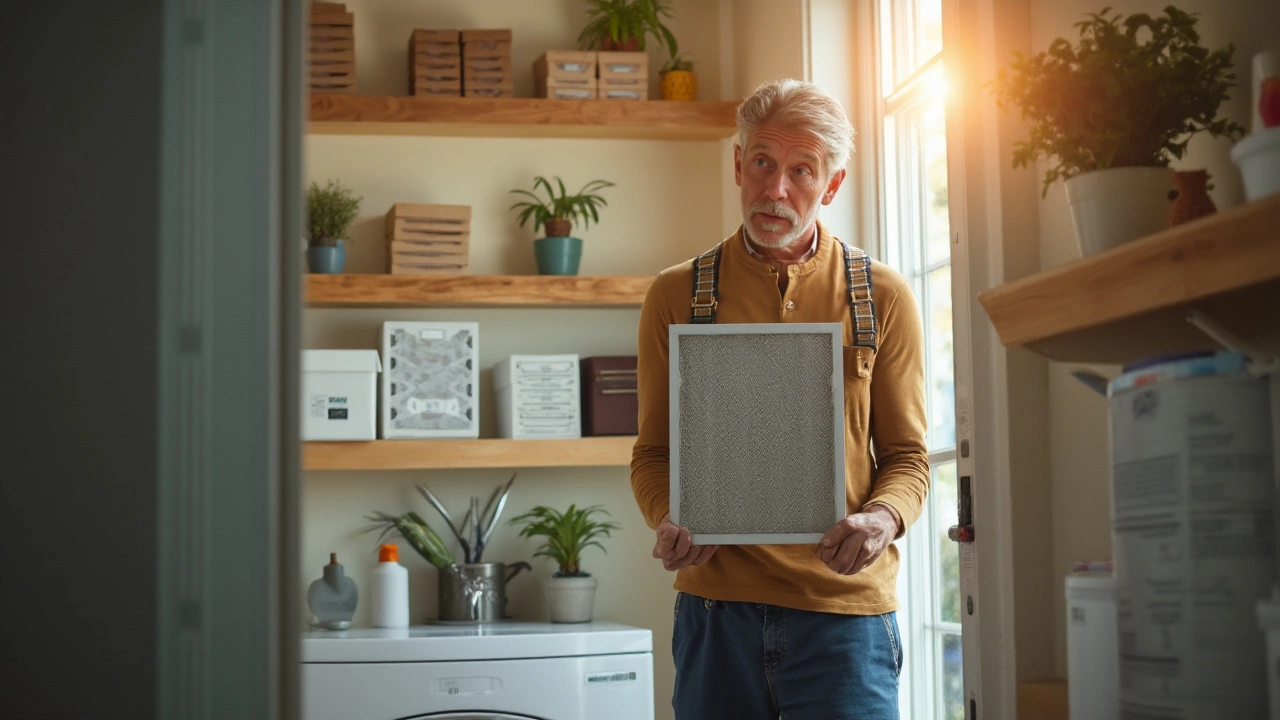 26 January 2025
26 January 2025
Is MERV 11 the Right Choice for Your Home's Air Quality?
Choosing the right air filter for your home can be challenging, with options varying in terms of efficiency and performance. This article explores whether MERV 11 filters are suitable for residential settings by analyzing their benefits and potential downsides. Discover how MERV 11 compares to other filter ratings and what factors homeowners should consider for optimal indoor air quality. Learn practical tips to ensure your filter is the best fit for your home environment.
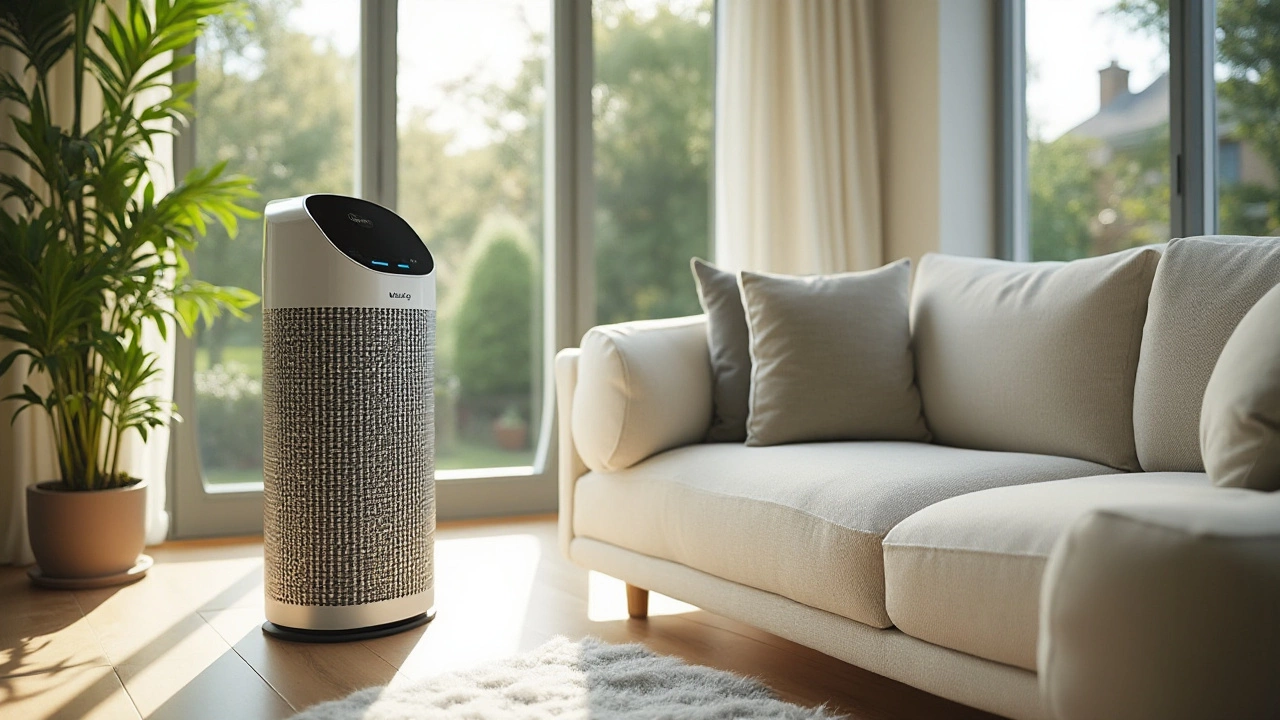 5 January 2025
5 January 2025
Do High-Cost Air Filters Actually Perform Better?
In the pursuit of cleaner indoor air, many consumers are faced with a choice: do they splurge on more expensive air filters, or are the cheaper options just as effective? This article explores whether high-priced air filters truly deliver superior performance, considering factors like filtration technology, lifespan, and maintenance requirements. It provides insights into the core differences between various types of air filters and discusses whether investing in pricier alternatives is necessary for improved indoor air quality. Readers will gain knowledge on what to look for based on their specific needs and how to make an informed decision.
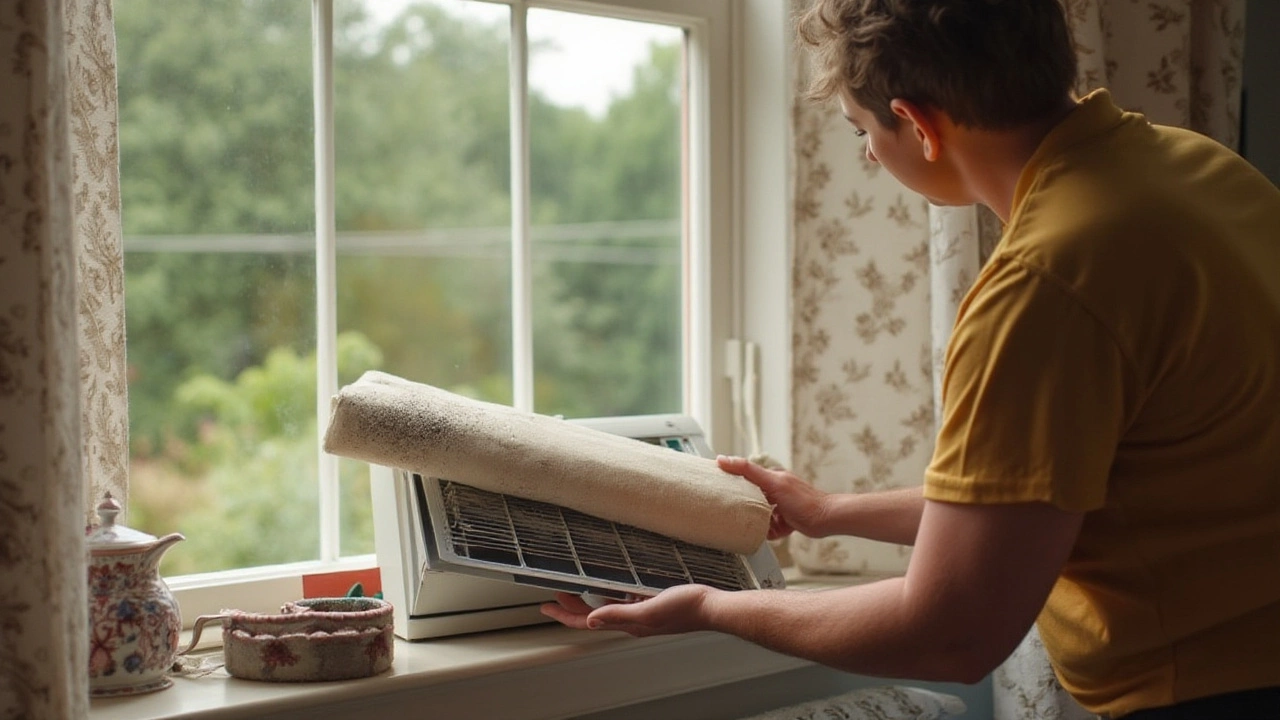 2 January 2025
2 January 2025
How to Identify a Faulty Air Filter: Simple Tips and Tricks
Discovering how to tell if an air filter is bad is crucial for maintaining a healthy indoor environment. Air filters play a vital role in trapping dust, allergens, and contaminants, preventing them from circulating in your home. This article will discuss common signs of a failing air filter and offer simple diagnostic tips. Learn how to check your air filter and understand maintenance schedules to ensure your HVAC system functions efficiently.
 8 December 2024
8 December 2024
Is MERV 13 the Right Choice for Your Home Air Filter?
Choosing the right air filter for your home can significantly impact indoor air quality and HVAC system efficiency. MERV 13 filters are known for their effectiveness in removing airborne particles, but homeowners often wonder if they're suitable for residential use. This article breaks down the benefits, potential challenges, and practical considerations of using a MERV 13 filter in your home. Discover if this filter level is the best fit for your household needs.
Tags
- car maintenance
- engine oil
- spark plugs
- brake pads
- engine performance
- vehicle maintenance
- spark plug replacement
- windshield wipers
- fuel pump
- suspension parts
- clutch replacement
- oil change
- clutch kit
- car suspension
- car performance
- air filters
- car radiator
- exhaust systems
- fuel pump replacement
- engine misfire




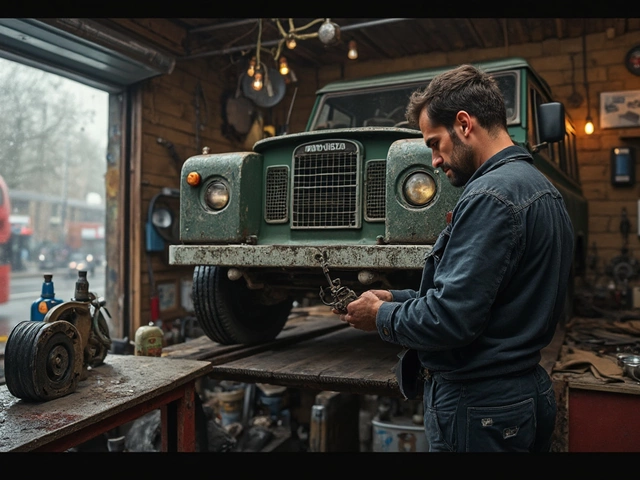

0